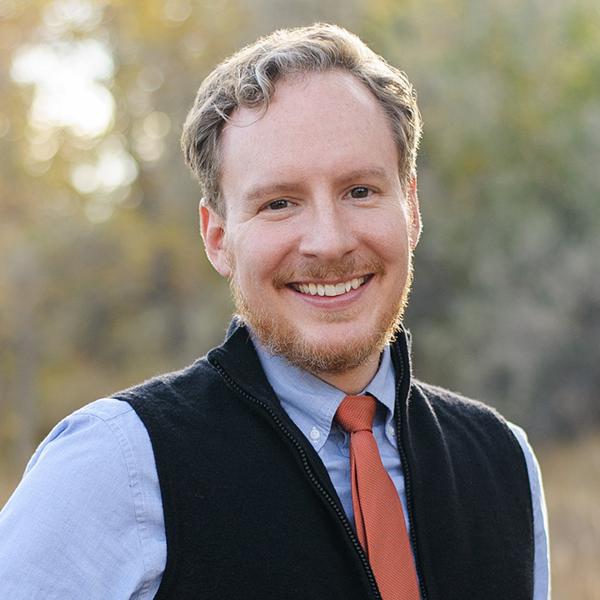What I Learned from the Oregon Health Insurance Experiment - and what it means for Colorado
A lottery usually brings to mind images of swirling ping-pong balls and dollar figures ending in multiple zeros. What it does not bring to mind are doctor’s offices and health insurance applications. Yet that is exactly what happened for many low-income Oregonians in 2008. The state of Oregon had only enough money to expand Medicaid enrollment to 10,000 low-income adults. Oregon’s innovative solution: hold a lottery. Over 90,000 adults submitted their names for a chance to apply and receive coverage.
The Medicaid lottery not only afforded an opportunity for 10,000 previously uninsured Oregonians to receive coverage, it provided a research opportunity. A group of insightful economists and researchers at the National Bureau of Economic Research (NBER) jumped at the chance to study the effects that having health insurance had on those randomly selected by lottery, compared to a control group of individuals who were not selected.
I’ve been spending some time digesting the first report from the Oregon Health Insurance Experiment, and thinking about its implications for Colorado. Among its many findings, three things stand out:
- Those who successfully gained Medicaid coverage had significantly lower out-of-pocket medical expenditures and fewer bills sent to collections;
- On each measure of self-reported health status, those with the coverage fared better than those without, including on a number of mental health measures; and
- The researchers found that use of hospital and outpatient services, as well as prescription drugs, increased in the Medicaid group compared to the control group.
These findings may seem like no-brainers. Of course people are going to go to the doctor more, feel better, and be financially shielded once they have insurance. There’s more to the story, though. Let’s take the third bullet. CHI and others around Colorado have speculated about the phenomenon of pent-up demand. In other words, once an individual – who has perhaps been chronically uninsured and has foregone needed care - is provided an insurance card, the use of health care services will spike as he or she addresses longstanding health concerns.
Interestingly, although the NBER researchers found significant increases in health care use, it was not a spike. Rather, it happened over an extended period of time, leading the authors to suggest there was little to no evidence of pent-up demand among the lottery winners.
This leads to more questions than it answers. To what extent did these individuals use safety net services prior to gaining Medicaid? How savvy were they in navigating the health system? Did the influx of patients create waiting lists for services or were there enough providers to meet the demand? And how do these findings jibe with the experience of other states that have expanded Medicaid?
The NBER researchers caution against generalizing the results of the study to other scenarios, particularly around the Medicaid expansions in the Patient Protection and Affordable Care Act. The study provides many valuable insights as Colorado prepares for its own statewide Medicaid expansion prior to national reform. One thing is certain: we can expect an Oregon Trail of rich and informative research to result from this experiment. The research team is to be commended for its foresight, careful planning and analysis.
Discussion question: As part of the 2009 Colorado Health Care Affordability Act, the state is preparing to expand Medicaid to essentially the same group as in Oregon – working-age adults below the poverty line without dependent children. Do you believe that Colorado will experience pent-up demand for health care services when this happens? Why or why not?

